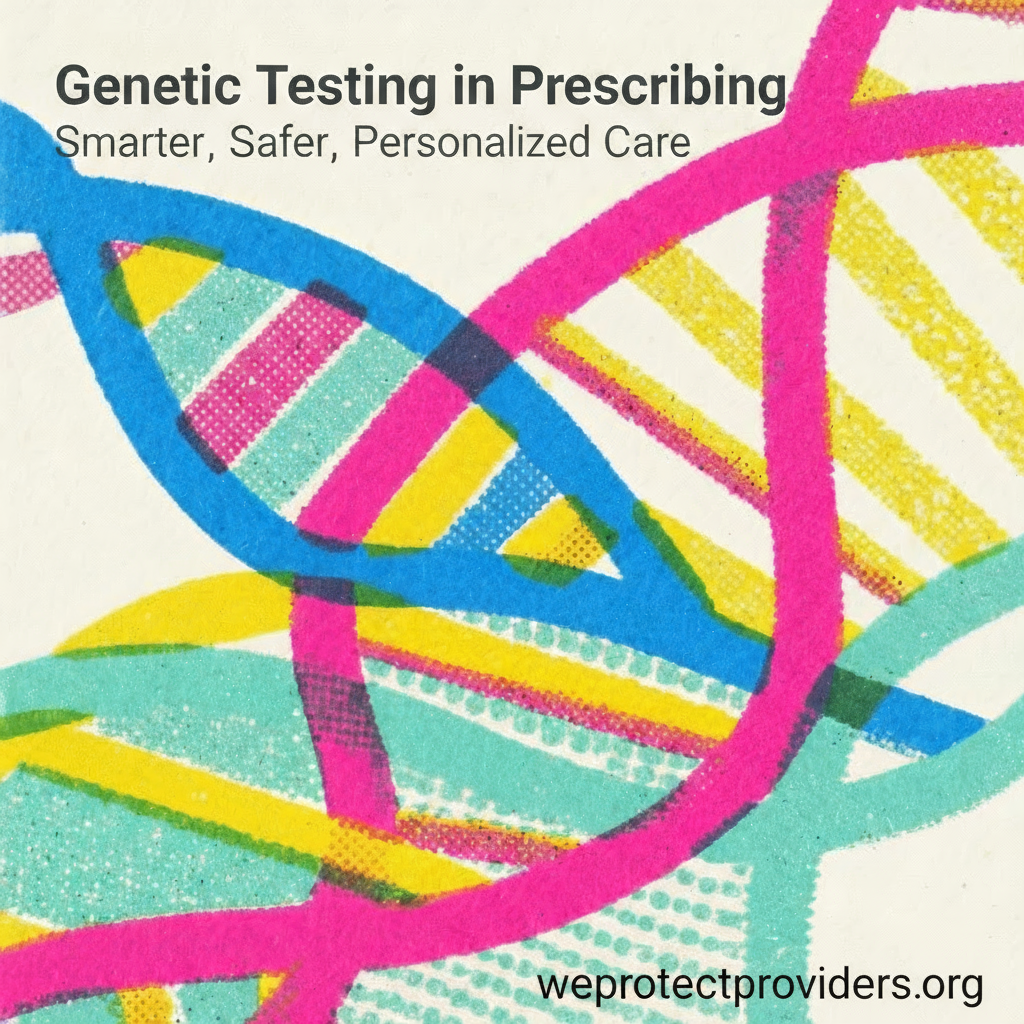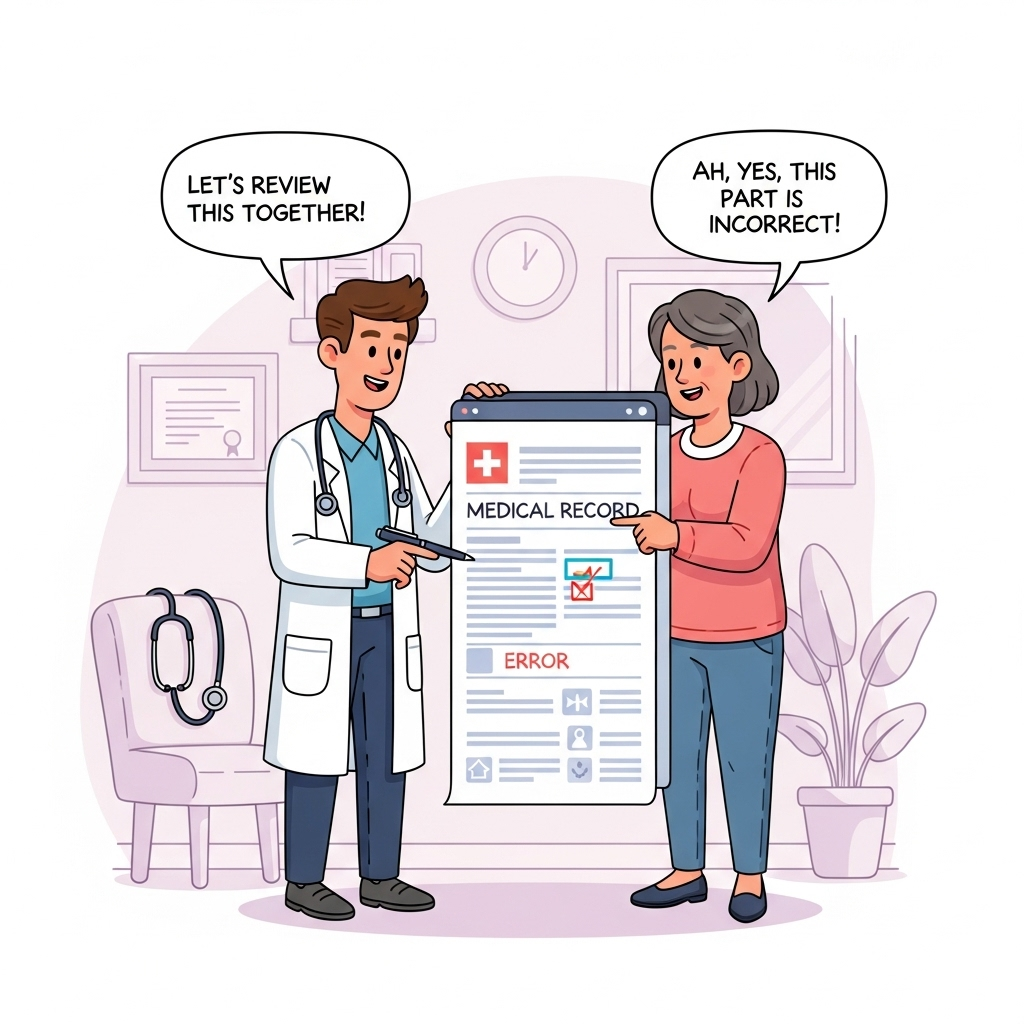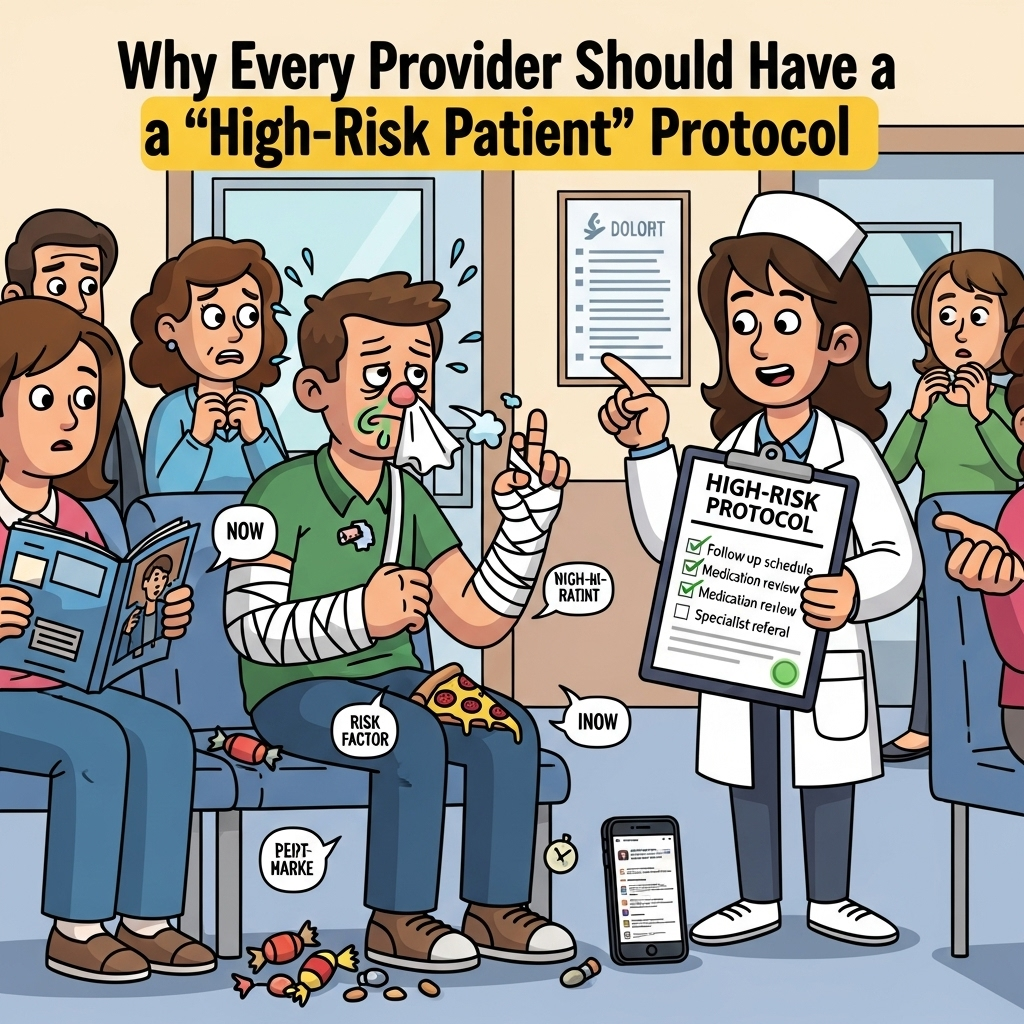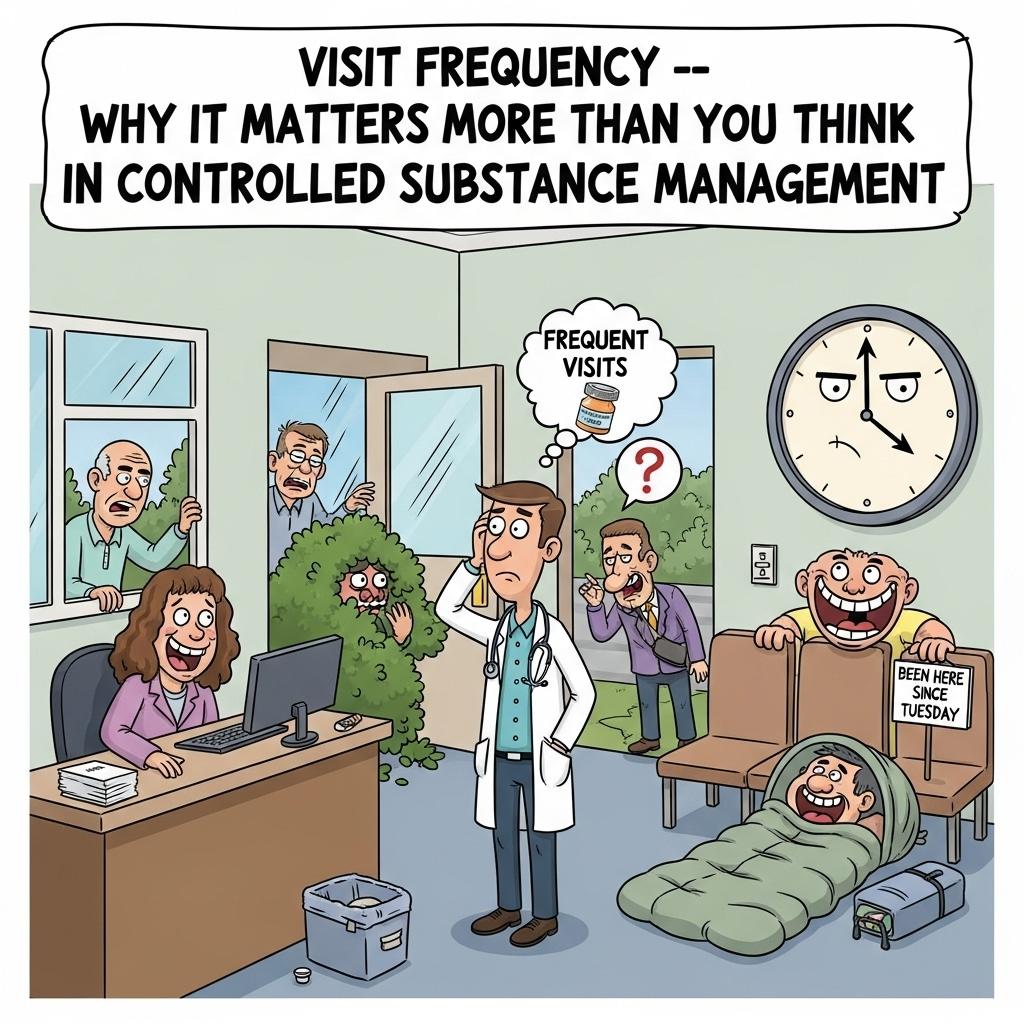
Introduction: The End of “Let’s Just See if It Works”
If you’ve ever been prescribed a medication only to find it didn’t help—or worse, it caused side effects so bad you had to stop—you’ve experienced the limits of trial-and-error prescribing.
For decades, that’s been our only real option. We start with the “first-line” drug, wait weeks to see if it works, and switch if it doesn’t.
It’s inefficient. It’s frustrating. And for some patients, it’s downright dangerous.
But now, with Cytochrome P450 genetic testing, we can take much of the guesswork out of prescribing.
This one-time test can reveal exactly how your body processes certain drugs—allowing providers to choose the right medication at the right dose the first time.
What Is the Cytochrome P450 System?
The Cytochrome P450 (CYP450) family is a group of enzymes in your liver responsible for metabolizing most medications.
Think of them as the body’s drug-processing machinery.
Different genes control how active these enzymes are.
Depending on your genetic makeup, you may metabolize certain drugs:
- Poorly (too slowly)
- Rapidly (too quickly)
- Or at a normal rate
Why This Matters for Prescribing
If you metabolize a drug too slowly, it can build up to toxic levels in your body—even at standard doses.
If you metabolize it too quickly, the drug may never reach therapeutic levels, making it seem “ineffective.”
Knowing your CYP450 profile allows providers to:
- Avoid medications that won’t work for you
- Adjust doses before you start
- Prevent dangerous side effects
- Save weeks or months of trial-and-error
Medications Affected by CYP450 Variability
A surprising number of common drugs are affected, including:
- Pain meds: Codeine, oxycodone, tramadol
- Psych meds: SSRIs, SNRIs, tricyclic antidepressants, antipsychotics
- ADHD meds: Some stimulants and non-stimulants
- Cardiac meds: Beta blockers, antiarrhythmics
- Other: Blood thinners like warfarin
In controlled substance management, this testing is particularly valuable for opioids, benzodiazepines, and certain anticonvulsants—where dosing precision is critical.
How the Test Works
- Sample Collection – Usually a cheek swab or saliva sample.
- Lab Analysis – Your genetic code for key CYP450 enzymes is mapped.
- Report Generation – The lab provides a list of medications categorized as:
- Use as directed
- Use with caution/adjust dose
- Consider alternatives
- Use as directed
- Clinical Application – Your provider integrates this with your medical history to choose the safest, most effective medication plan.
Benefits for Providers
- Improved patient outcomes – Right drug, right dose, first time.
- Reduced liability – Fewer adverse drug reactions.
- Documentation support – Shows you’re using evidence-based prescribing.
- Better patient trust – Patients see you’re using modern, personalized care.
Benefits for Patients
- Faster symptom relief – No waiting weeks just to find out a drug doesn’t work.
- Fewer side effects – Avoid drugs your body can’t process well.
- Cost savings – Less money spent on ineffective meds.
- Peace of mind – Decisions based on science, not guesswork.
Limitations and Misconceptions
- It’s not a magic crystal ball—it guides choices, but clinical judgment is still essential.
- Not every medication is affected by CYP450 metabolism.
- Insurance coverage varies; patients may need to self-pay.
- Results last a lifetime—but may need to be revisited as new research emerges.
Final Thoughts: From Guesswork to Precision
Cytochrome P450 testing is one of the most practical steps toward true precision medicine.
It doesn’t replace the art of clinical decision-making—but it makes that art a lot more informed.
For providers, it’s a tool that can improve care, reduce risk, and streamline treatment. It has a learning curve but is invaluable once mastered.
For patients, it’s a way to finally answer the question:
“Why doesn’t this medication work for me?”
And once you know the answer, you can stop guessing—and start getting better.
About the Author
Douglas J. Jorgensen, DO, CPC, FAAO, FACOFP
Dr. Doug is a physician and national consultant specializing in safe, effective prescribing strategies. He teaches providers how to integrate tools like genetic testing into everyday practice for better outcomes and fewer risks.


